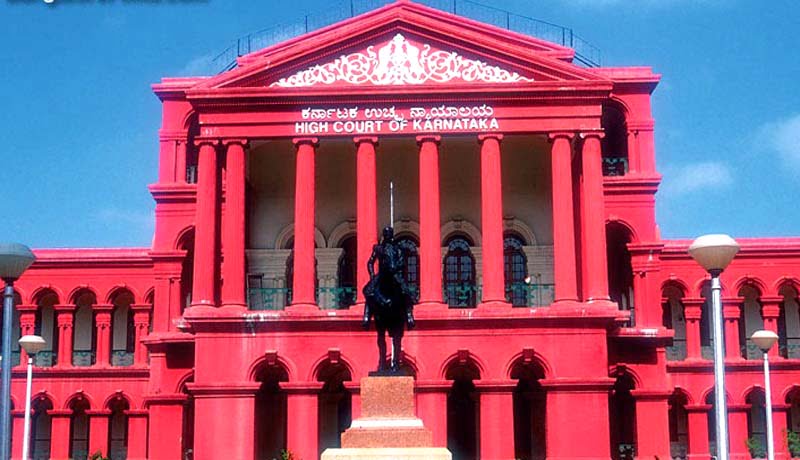Levy of Electricity Tax within the State is not Ultravires to the Constitution: Karnataka HC [Read Judgment]

Imposition – Karnataka High Court – ITAT – Taxscan
Imposition – Karnataka High Court – ITAT – Taxscan
In a recent ruling, the single bench of the Karnataka High Court held that the levy of Electricity Tax under the provisions of the Karnataka Electricity (Taxation & Consumption) Act, 2013 is constitutionally valid. The Court clarified that the levy is not ultravires to the constitution since it is not on sale of electricity but on its consumption within the State. The Court was hearing a bunch of petitions praying for deletion of section 3 of the Karnataka Electricity (Taxation & Consumption) Act, 2013 of which directs every generator of electricity to pay electricity tax not exceeding 50 paisa per unit for captive consumption and to pay not exceeding 25 paise on auxiliary consumption.
The petitioners impugned the amended section on ground that it imposed tax liability on Sugar Mills for co-generation facilities maintained by them. According to the petitioners, the State legislature lacks jurisdiction to impose sales tax on electricity. They claimed that since they get supply of electricity through an open access transaction and they get electricity supply from outside the state, such sales are liable to be taxed by the Union under entry 92A of the Union List. Therefore, the said amendment is ultravires to the Constitution. Further, the petitioners pointed out that the levy of sales tax on interstate sale of electrical energy is barred under section 6 of the CST Act. The respondents, on the other hand submitted that the levy is not on the interstate trade and commerce, but on the consumption of electricity within the State of Karnataka which is permissible under entries 52 and 53 of the State List.
While rejecting the contentions of the petitioners, the High Court observed that in the instant case, the electricity which is wired from outside an open access, has not been taxed by the State Government but is taxed on its consumption within the State which is permissible in law. While upholding the legitimacy of the impugned provision, the Court said that the State has exclusive power to legislate on matters included in the State list. When the state legislature enacts the legislations covering these matters with the power vested in it by the Constitution, then the same must be treated as for constitutional purpose.
Referring to the Apex Court decision in Andhra Pradhesh v. National Thermal Power Co. Ltd., the Court further clarified that the moment electricity is generated within the State or from outside the State, it is to be consumed and the State is empowered to levy tax on such consumption.
On the basis of the above findings, it was held that the amendment is neither arbitrary nor illegal.
Read the full text of the Judgment below.


